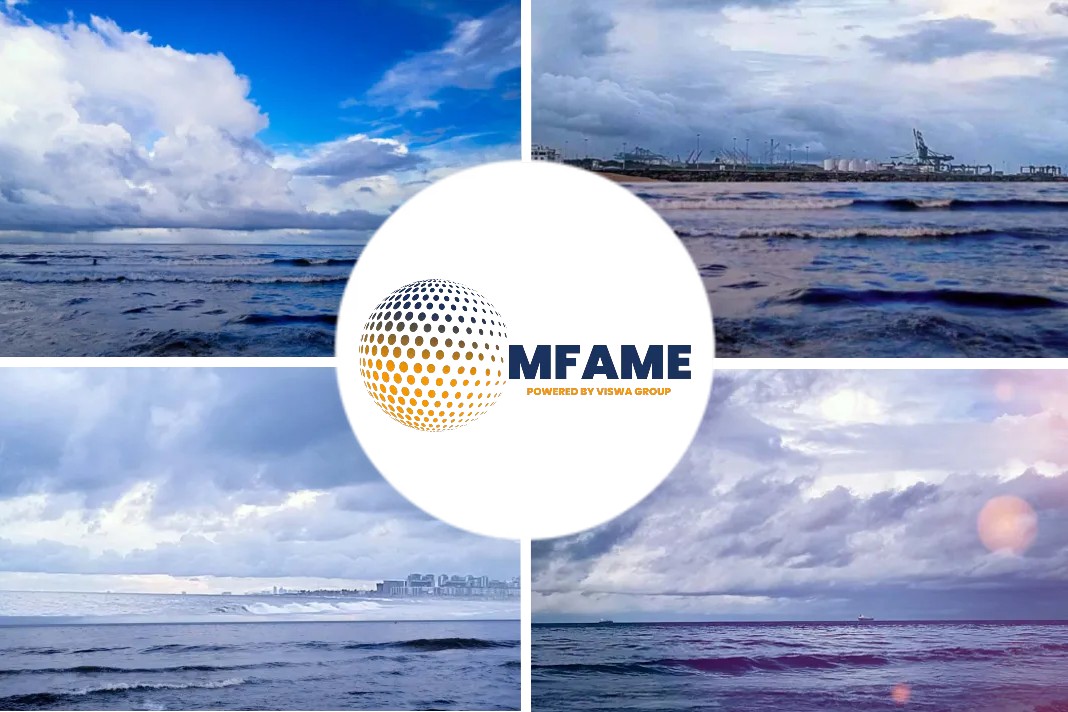Tighter global shipping pollution regulations from 2020 will lead to a temporary surge in oil demand while denting the oil revenues of producers of heavy or high sulfur crudes, OPEC said in its annual long-term oil forecast Sunday.
Crude demand level
The International Maritime Organization’s global marine fuels sulfur cap of 0.5% in 2020 will produce a one-off jump in crude demand from the global refining system in order to meet for the need for compliant, non-marine residual fuels, OPEC said.
“In order to produce sufficient volumes of middle distillates, the global refining system is expected to increase runs by around 400,000 b/d in 2020 (additional to the case if no IMO regulations were adopted),” OPEC said in its latest World Oil Outlook.
As a result, global oil demand growth is expected to bounce back to 1.7 million b/d in 2020, from 1.4 million b/d in 2019, OPEC said.
But it acknowledged that “as global supply and demand adapt to the regulations, and energy efficiency trends grow, annual demand increases post-2020 are expected to revert to a lower level, some 900,000 b/d in 2021 and 800,000 b/d in 2022 and 2023.”
Negative impact
OPEC also signaled that the IMO’s regulations will negatively impact the bulk of OPEC members who mainly produce heavy or high sulfur crudes.
Prices for heavy and sour crudes are expected to weaken “potentially severely” from 2020, while light crudes are expected to benefit and command a premium over heavy grades, the report stated.
The report estimates that more than 200,000 b/d of the incremental refining demand in 2020 will be surplus high-sulfur fuel oil that will “create pressure on its price and possibly lead to a heavy discount.”
Can IMO enforce the regulation?
The IMO announced the new global sulfur cap — down from the current limit of 3.5% — in October 2016, but several shipping and bunker industry representatives have questioned whether the organization will be able to enforce the regulation.
OPEC said it expects compliance to increase gradually in the years after 2020 as more ships install scrubbers — equipment that sprays alkaline water into a vessel’s exhaust to remove sulfur and other unwanted chemicals, allowing it to continue burning high sulfur fuel oil while complying with the new regulation.
Scrubbers and refineries
The report forecast that about 2,000 vessels will have scrubbers installed by 2020, compared with about 500 vessels this year, once the financial incentive in the form of a widening HSFO discount to compliant LSFO and gasoil materialized. Refining capacity
The global refinery system will see about 1.4 million b/d of throughput capacity closed due to the IMO regulation, OPEC forecast.
Two weeks ago, refining sources told S&P Global Platts that up to 800,000 b/d of refining capacity is at risk in Western Europe alone due to IMO 2020.
But OPEC said the adoption of scrubbers could lead to some shuttered refinery capacity being restarted.
The HOVENSA refinery in the US Virgin Islands is expected to effect a partial restart by end-2019 with a focus on processing heavy crude and producing 0.5% sulfur marine fuel. The Wilhelmshaven refinery, which ceased operations 10 years ago, will also restart soon to take advantage of its feedstock units.
Did you subscribe for our daily newsletter?
It’s Free! Click here to Subscribe!
Source: Platts


















